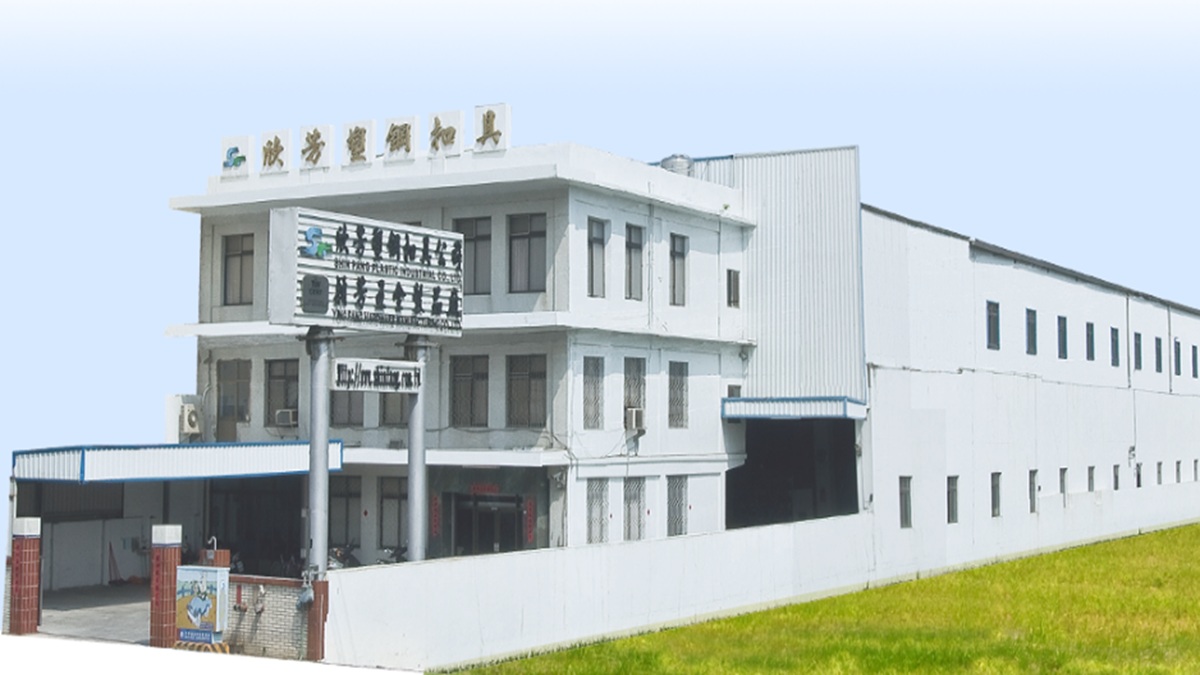- Showing results for
- Supply Chain
This article discusses the impact of the U.S. increasing tariffs on Taiwanese machine tools, raising the rate from the original 4.4% to 20%. This sharp hike has significantly weakened Taiwan’s competitiveness in the U.S. market, with small and medium-sized enterprises (SMEs) being particularly hard-hit. In response, the industry has called for relaxed subsidy requirements and efforts to expand into new markets. Meanwhile, the government has introduced relief programs to help businesses reduce their dependence on the U.S. Despite the challenges, industrial transformation and close cooperation with the government remain key to moving forward.
2025-08-08 14:24:41
In the context of the global manufacturing industry's ongoing transformation and upgrading, plastic injection molding has become an indispensable link in the supply chain and a key factor for brands to create product differentiation and seize market opportunities. Since its establishment in 1974, Shin Fang Plastic Industrial Co., Ltd. has leveraged over fifty years of industry experience to offer diverse plastic part solutions from product design to mass production, helping customers capture market advantages. This article delves into Shin Fang’s core values in injection manufacturing, customization capabilities, and its new approach amid smart manufacturing and sustainability trends, demonstrating its solid strength as a leading OEM/ODM plastic part manufacturer.
2025-08-07 16:25:22
Due to the outbreak of COVID-19 and its rapid global spread, the global auto parts, semiconductor, and electronics industries have been exposed to highly uncertain risks. Global supply chain logistics is an issue that everyone has had to reexamine.
2023-09-18 16:28:58
As one of the fastest-growing emerging economies in the world, India has a huge demographic dividend and is expected to catch up with China to become the world's most populous country. Coupled with its solid training in scientific and technological talents and its advantages in English, it has attracted a large amount of foreign investment. India is considered will become the new world factory.
2022-12-28 11:39:47
In response to the supply chain challenges brought about by the epidemic, the layout of the supply chain will become more resilient-oriented, that is, willing to sacrifice some of the high cost and efficiency indicators in exchange for the flexibility and resilience of supply chain management.
2022-09-05 14:08:34
Both lean and agile manufacturing emphasizes leveraging market knowledge, integrating supply chains, and reducing product lead times.
2022-06-27 10:37:04
Due to the outbreak of COVID-19 and its rapid global spread, the global auto parts, semiconductor, and electronics industries have been exposed to highly uncertain risks. Global supply chain logistics is an issue that everyone has had to reexamine.
2022-06-13 15:39:55
Although the recent impact of the COVID-19 (New Coronary Pneumonia) epidemic caused a short-term loss in the aviation industry, for the overall aviation market, the demand is still constant.
2020-07-06 14:38:57
Global automakers are out of material and shut down, this year's machine tool exports fear a decline of more than 10%.
2020-04-06 16:18:54
Agree









